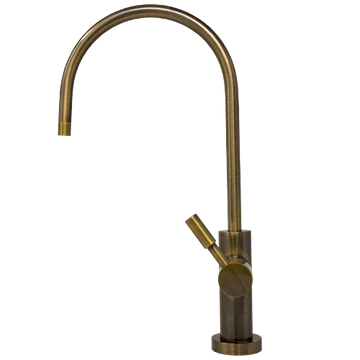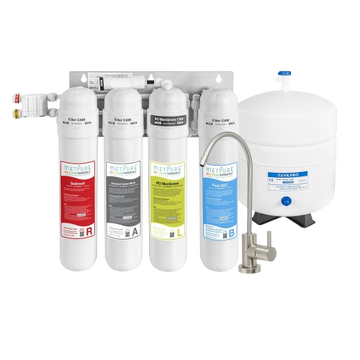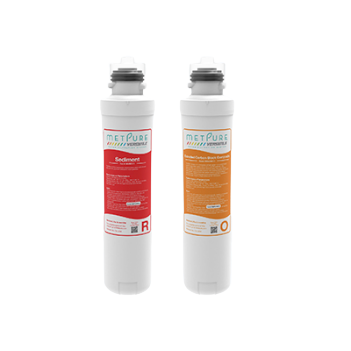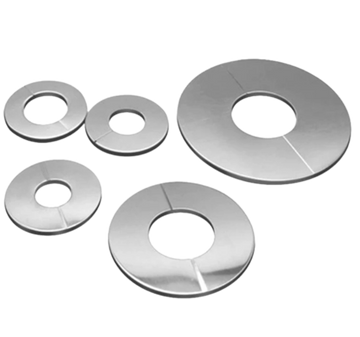What are the advantages of drinking filtered water?
Drinking filtered water offers numerous health benefits and is the key to maintaining overall health and wellness. Filtration systems effectively remove impurities such as bacteria, chlorine, and contaminants, ensuring a cleaner and safer hydration source for your home. The removal of these substances not only makes the water taste a lot better but also promotes better digestion and faster nutrient absorption. Additionally, filtered water contributes to the prevention of waterborne diseases and reduces the risk of long-term health issues associated with consuming pollutants that are often present in drinking water. Investing in a reliable water filtration system is a simple yet impactful way to support optimal health and enjoy the refreshing taste of pure, clean water.
1. Activated Carbon Filters
Activated carbon filters, commonly used in water purification systems, improve the quality and safety of drinking water. Composed of porous carbon with an exceptionally large surface area, these filters are great for adsorption by trapping impurities from water. Activated carbon effectively captures and retains contaminants such as chlorine, volatile organic compounds (VOCs), pesticides, and sediments. This not only results in improved taste and odor but also ensures the removal of potentially harmful substances for health.
One of the key advantages of activated carbon filters lies in their versatility. They can be integrated into various water treatment systems, including faucet-mounted filters, pitcher filters, and under-sink units. Activated carbon’s ability to target a broad spectrum of pollutants makes it a reliable solution for your home and office water sources. Furthermore, these filters are cost-effective and easy to maintain, requiring periodic replacement depending on usage and water quality.
As a trusted and widely used technology, activated carbon filtration stands as an accessible and effective means to ensure cleaner, better-tasting water for consumption. If you’re looking for a reliable carbon filter for your home, Metpure has the perfect NSF-certified carbon block filter which captures particulate 5 microns or larger from municipal or well water and has great water flow without impeding water pressure too much.
2. Reverse Osmosis Systems
Reverse osmosis (RO) systems are advanced water purification solutions designed to deliver exceptionally clean and safe drinking water. Using a semi-permeable membrane, these systems work by applying pressure to force water molecules through the membrane, leaving behind most impurities and contaminants. The result is water that is highly purified, with many dissolved solids, minerals, bacteria, and other pollutants effectively removed.
RO systems are great at eliminating a wide range of substances, including heavy metals, salts, nitrates, and organic molecules, providing a level of water purity that goes beyond what traditional filtration methods can achieve. The semi-permeable membrane acts as a barrier, allowing only water molecules to pass through while blocking larger molecules and particles.
If you are convinced and want to acquire a similar system for your home or office, Metpure has a state-of-the-art vase-style ceramic disc lever reverse osmosis faucet, crafted with a zinc composite exterior for durability and lasting finish.
3. UV Purifiers
As the name suggests, UV purifiers are devices that are designed to disinfect water by using ultraviolet light to destroy microorganisms such as bacteria and viruses. These purifiers rely on the germicidal properties of UV-C light, which disrupt the DNA and RNA of microorganisms, preventing them from reproducing and rendering them harmless.

The advantages of UV purifiers lie in their effectiveness in eliminating a broad spectrum of waterborne pathogens without the use of chemicals. Unlike some traditional water treatment methods, UV purifiers do not introduce any taste, odor, or chemical residues into the water. This makes them a safe and environmentally friendly option for safe and clean drinking water.
4. Ceramic Filters
A ceramic filter is a water filtration device that utilizes a porous ceramic material to effectively remove impurities from water. These filters are composed of clay or ceramic materials that have been processed to create a porous structure. The pores in the ceramic material act as a physical barrier, trapping contaminants and allowing only clean water to pass through.
The simple design of ceramic filters makes them suitable for use in various settings, from household water purification to outdoor and emergencies. Ceramic filters are usually used with other filtration methods, enhancing their overall effectiveness. They are easy to clean, allowing for maintenance and reuse, which adds to their cost-effectiveness. Additionally, ceramic filters do not require electricity or complex installation procedures, making them a practical and accessible solution for communities with limited resources or in remote areas where clean water access is a challenge. Metpure has a great design for a reverse osmosis ceramic disc cartridge which is both portable and convenient.
5. Ion Exchange Filters
Ion exchange water filters are designed to soften water rather than filter it. Essentially, these filters employ electronically charged solids to extract contaminant ions from drinking water, even when these contaminants are in a liquid state. They are commonly used to remove calcium and magnesium ions, reducing water hardness and preventing scale buildup in pipes and appliances. This will save your home from a hefty maintenance cost so it’s a great tool to have among your household appliances.

Conclusion
Whether it’s the reliability of ceramic filters, the convenience of UV purifiers, or the flexibility of water flex connectors, each solution enhances our access to clean and safe drinking water. It’s clear that investing in the right filtration system is not just a choice for convenience but a commitment to the well-being of our households.













